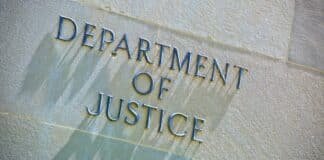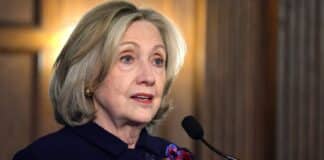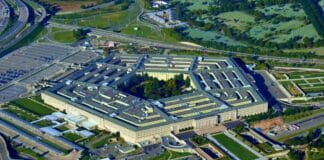About 60 students, staff, and activists at the University of Massachusetts Amherst staged a protest in late October, culminating in a mock “people’s tribunal” that found school administrators “guilty” of complicity in alleged genocide and suppression of speech. Organized by pro-Palestinian groups, the demonstration escalated tensions over political activism on campus and the university’s ties to defense-related research and corporate partnerships.
The event was led by the UMass Coalition for Palestine along with groups like Jewish Voice for Peace and the Radical STEM Bloc. Holding signs and wearing keffiyehs, participants gathered at the Student Union before marching to the Whitmore Administration Building. There, they delivered a formal “verdict” to school officials, accusing the administration of crimes including “weaponization of science,” enabling the “military-industrial complex,” and silencing campus protests.
Protesters demanded the university cut all ties with U.S. and Israeli defense contractors, remove “war-profiteering” corporations from recruitment and research programs, create a new Center for Decolonial Studies, and issue a public apology. Two university administrators received the demands on behalf of the chancellor, but no official response has been made public.
The demonstration, framed as a “Western Massachusetts People’s Tribunal,” mirrors a trend on U.S. campuses where activist groups increasingly adopt confrontational language and tactics against university leadership. At issue is whether higher education institutions should remain neutral on global conflicts or take stands aligned with student activism.
UMass Amherst, a publicly funded institution, has faced criticism before over its handling of political protests, including its cooperation with federal research grants linked to national defense. The latest protest adds to growing pressure on administrators to either distance themselves from controversial partnerships or confront growing unrest among student groups.





